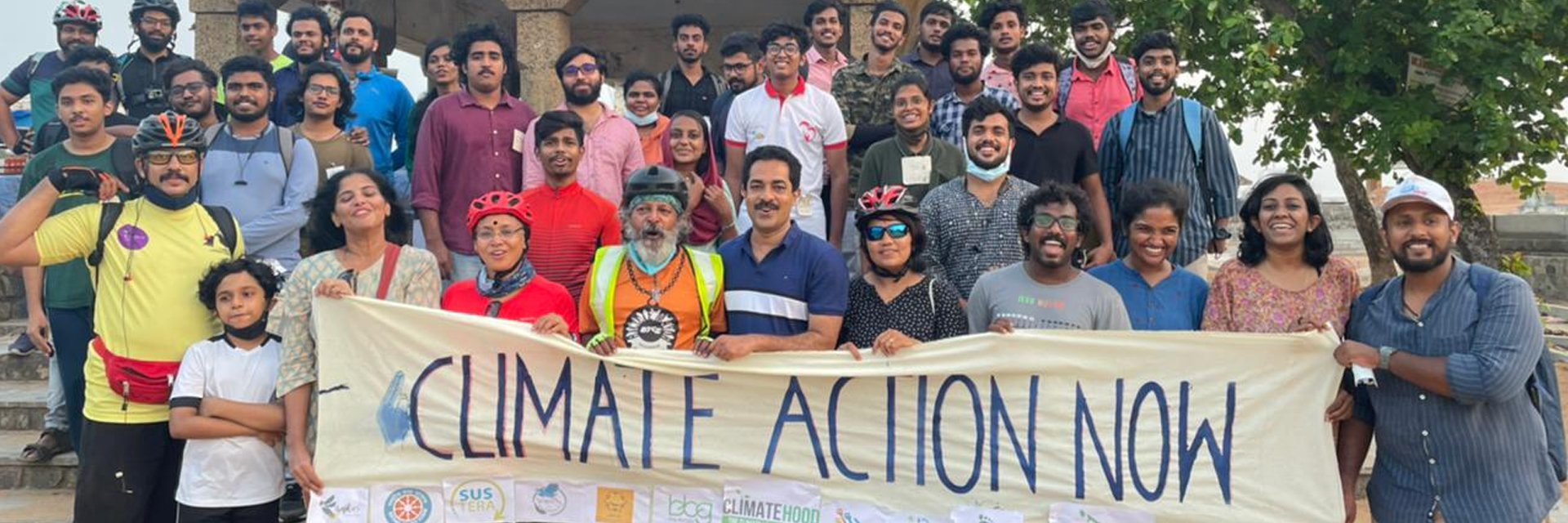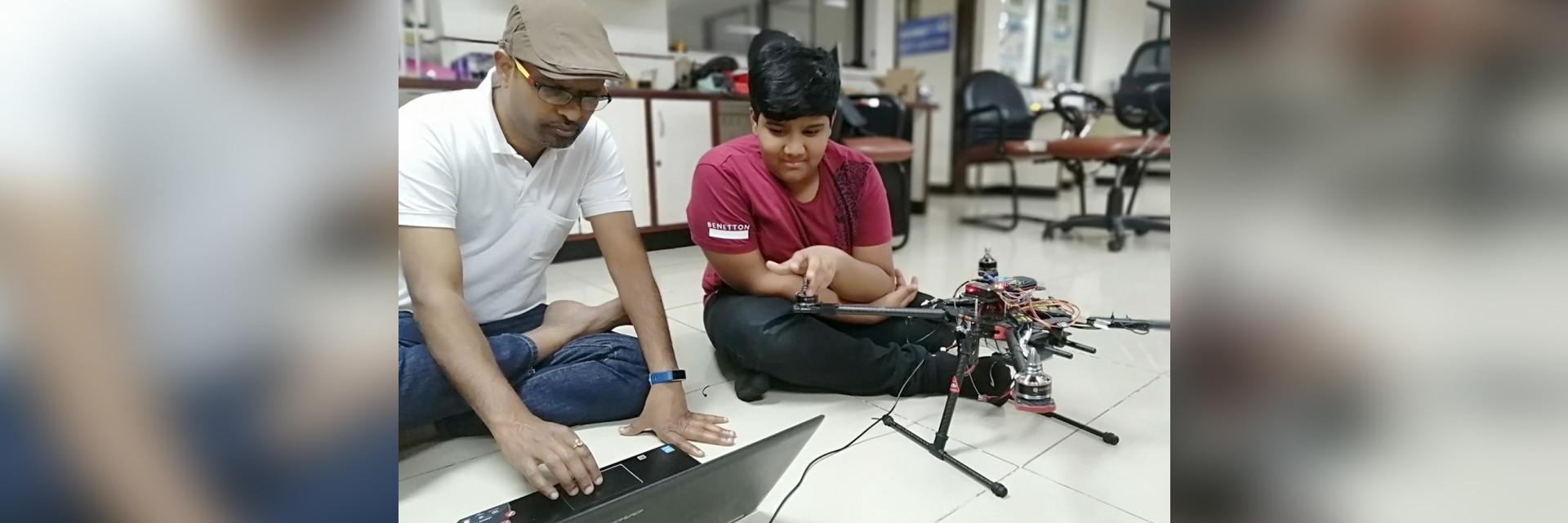(May 17, 2022) “It all started when I was 14,” announces Mannat Choudhary, all smiles as she logs in for her interview with Global Indian. The vivacious teenager, now at home preparing for her Class 12 board exam, is fairly relaxed about the upcoming exam – she’s already an incoming freshman at the University of Cincinnati, she says. A social entrepreneur at 17, she is the founder of Change In Us, which works towards protecting child rights in her home state, Chandigarh.
Mannat has been recognised for her work in the same field by the government of Punjab, having served as the Ambassador for the Chandigarh Commission for Protection of Child Rights (CCPCR). She was also awarded by the government of India as a student mentor. On National Girl Child Day, Mannat was among a group of twenty girls handpicked from across the country for the National Girl Child Award. Now, she’s all set to begin her studies in quantum biology, paving the way for what she hopes will be a career in research. In September 2022, she will also be part of the Civics Unplugged Fellowship, for future Gen Z social entrepreneurs, run by Duke University. “I’m also a summer trainee at Girls Who Code,” says Mannat, who can code in C, C++ and is also learning Python.
“Entrepreneurs aren’t made in a day,” says the young social entrepreneur, who is a member of the Harvard Crimson Youth Entrepreneurship Society and a fellow under the Global Citizen Year Academy, run by alumni from the Stanford and Harvard business schools. “I got a full scholarship for the latter,” Mannat says, proudly. Her early forays into social entrepreneurship were, no doubt, the reason for Mannat’s entry into some of the top entrepreneurship societies. To her, however, it means a great deal more, a question she answered in her application for Global Citizen Year Academy.
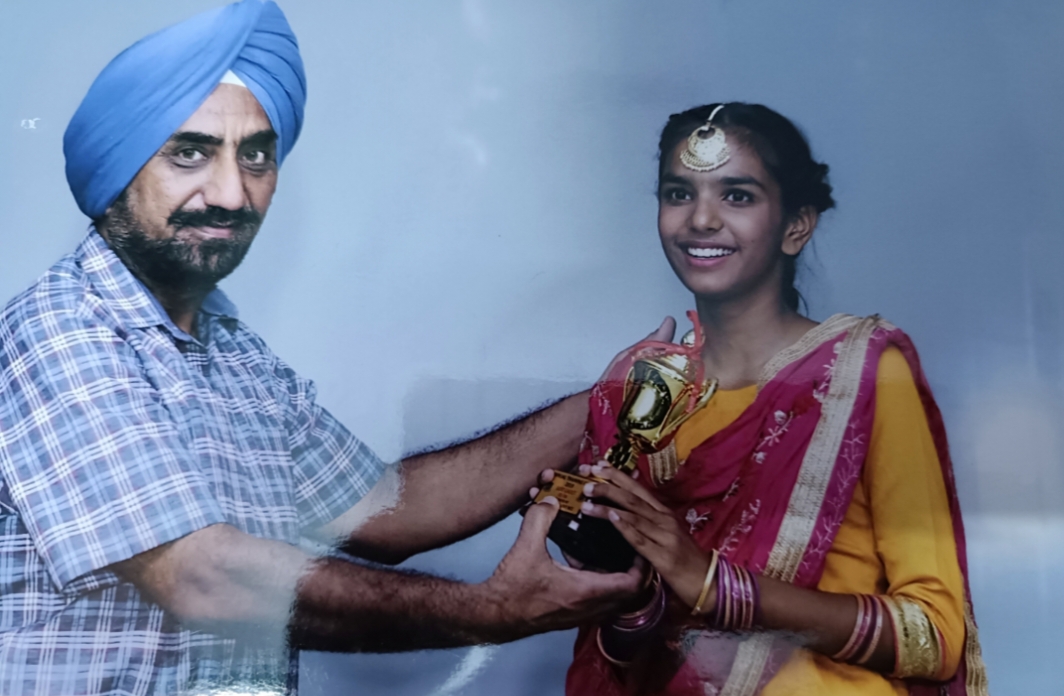
Student topper and ambassador for child rights
Returning, however, to where her story began – Mannat, who was a tri-city topper in the Class 10 board exam in 2019-20, found herself briefly in the spotlight. “I was published in the newspaper then, for the first time ever,” she says. Soon after, she received a call from the CCPCR, telling her she had been nominated to be an ambassador for child rights for the state government. “There were three of us and the other two were, coincidentally, both fencers,” says Mannat. “I was the only one from the academic side of things.”
Taking over as ambassador for child rights, Mannat quickly became involved with the government’s Girls India project. The project, aimed at bringing opportunities to those who don’t have them, opened Mannat’s eyes too, in ways she never expected. “I never knew I had this quality,” she remarks. “I didn’t know I had it in me to actually reach other people.”
Bridging disparities through the Girls India Project
The Girls India Project, which was aimed at bridging the gap between private and public schools, found great success under Mannat’s participation.
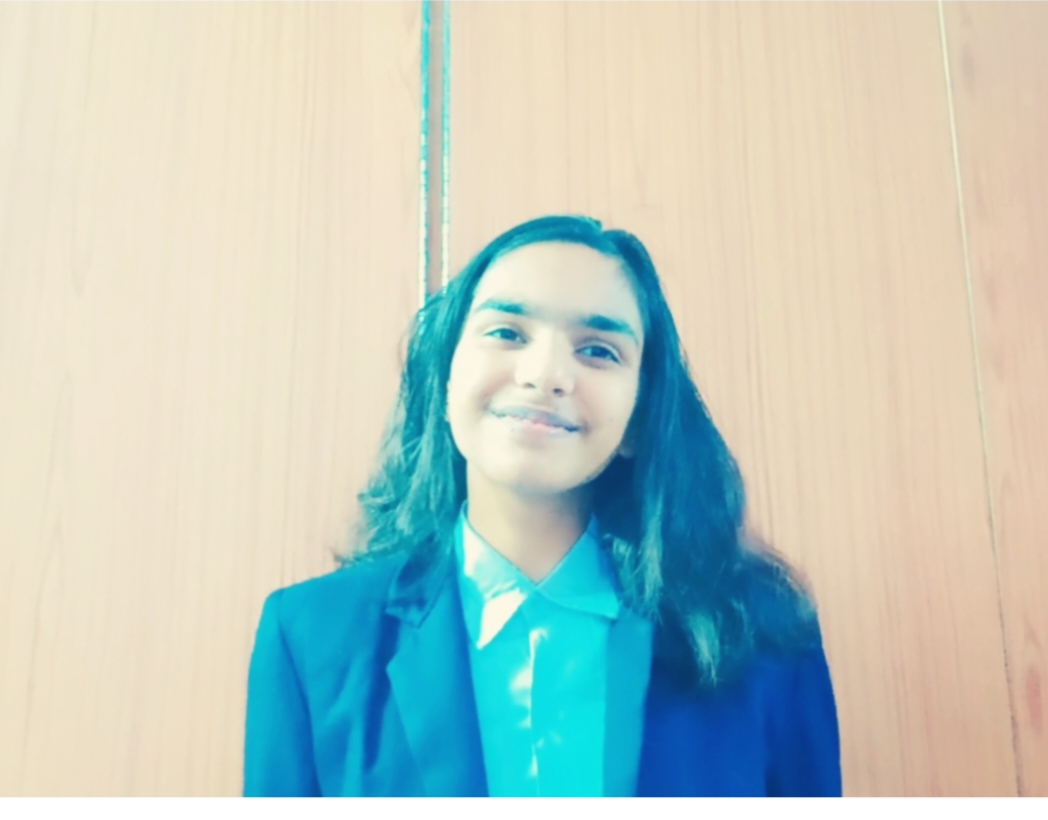

“When we talk about things like MUNs, public debates and leadership programmes – these opportunities are only available to private school students. Their government school counterparts know nothing about them.” Mannat began building collaborations between private and government schools in Chandigarh.
“The private school students would train government school kids in debate skills, how to speak in public and learn about international relations as well,” says Mannat. When they found that disparities aren’t limited to opportunities, Mannat also began organising trips for private school students to visit government schools and understand first-hand what was lacking. “I wasn’t sure if it would work on not,” Mannat admits. “But it worked so well that the schools continued collaborating even outside the MUNs.”
Despite the success of the project, there was no denying that it had taken nearly two years to implement. “Girls India was launched in 2019 but came into effect in 2021,” says Mannat. “It took so long that I began to think, ‘there must be a more efficient way than this’.” Mannat quit her role as Ambassador in March 2022 but continues to work with the CCPCR.
On the frontlines of the pandemic
Not long after Mannat had assumed her role as Ambassador in 2020, the pandemic closed the country down. Mannat, who had just finished her Class 10 exams at the time, was determined to use every moment – she collaborated with Studio Matrix, an organisation working on ground to link people with Covid-related needs to those who could fulfill them.
“I was on ground collecting data all the time,” Mannat says. She recalls working all the time, often besieged with panic calls late into the night. Calls which never, as a matter of principle, went ignored or unresolved if she could help it. “Even if we got a call at 1 am with someone saying ‘ki Mannat, 20 oxygen concentrators ki zaroorat hai’, I would help them get it done. I wouldn’t sleep until I resolved it,” she explains.
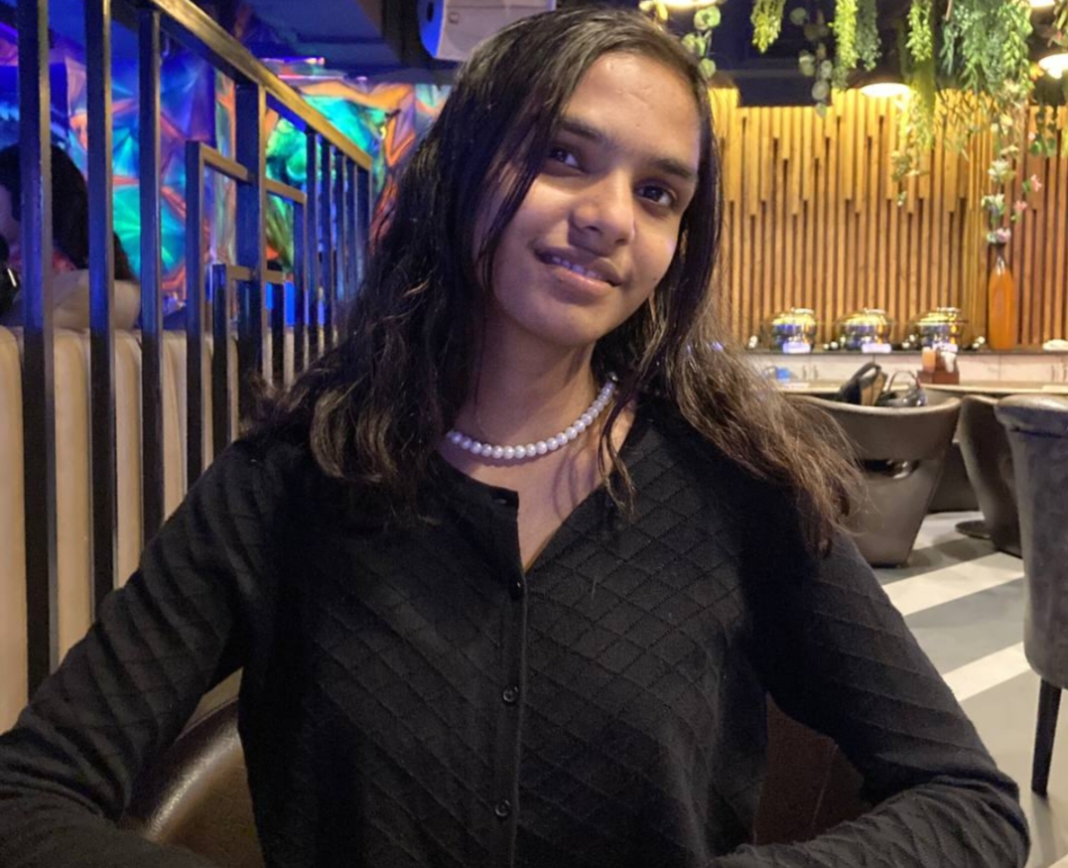

Change in Us
Watching their young ambassador in action, CCPCR Chairperson soon decided to felicitate Mannat. “I was awarded by the governor of Punjab as the ‘best ambassador'”, says Mannat. “The first award was for CCPCR and the second for the Girls India project.” All this was in 2021, as Mannat entered her sixteenth year. By this time, she had already founded Change in Us, in tandem with her responsibilities as CCPCR ambassador.
Working under the guidance of CCPCR, Mannat went on to launch Change In Us, her own organisation designed to make a positive impact in the lives of children. The project did so well, Mannat expanded to Meerut and other parts of UP. Work mainly involved educating kids on child rights, in collaboration with schools, through webinars and other sessions. “As a child, what are my rights,” says Mannat. “That’s what I want my peers to know. We hold quizzes and other activities in schools to acquaint students with the rights they have in society.”
Mannat would also accompany her mother, an employee with the social welfare department in Chandigarh, as she visited slum areas in the city. “These kids were stuck at home but unlike us, they didn’t have phones to attend online classes,” says Mannat, who roped in a friend to visit the slums every Sunday with her to take lessons for the kids there.
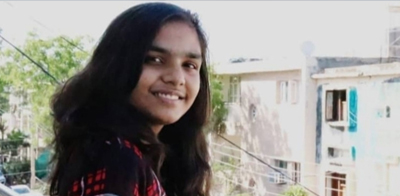

Access to mental healthcare for students
Mannat is currently working with a friend, Ananya Jain, from Georgia Tech. The goal? To create an app-based platform for young people to discuss their mental health. It will also offer guidance to budding young entrepreneurs, customised advice on goal preparation and career goals as well as the importance of civic engagement. “We’re planning to launch this soon after our board exams,” Mannat says, adding, “We want it to be free, because we’re catering to students who might not be able to afford to pay.”
Finding her own path
The journey hasn’t always been smooth sailing. Apart from the guidance she received from a handful of mentors, Mannat discovered that the Indian education system isn’t geared for those who want to break out of the mould. She was told often to give up on attending science fairs and concentrate on her studies instead. At home, however, her exacting parents, both government employees, have fuelled her motivation to excel. “My mum has done a lot for me and worked so hard to make sure I do well,” Mannat smiles. “They will never be fully satisfied with me though and it gives me the zeal I need to do better because I want to please them.”
- Follow Mannat Choudhary on LinkedIn


